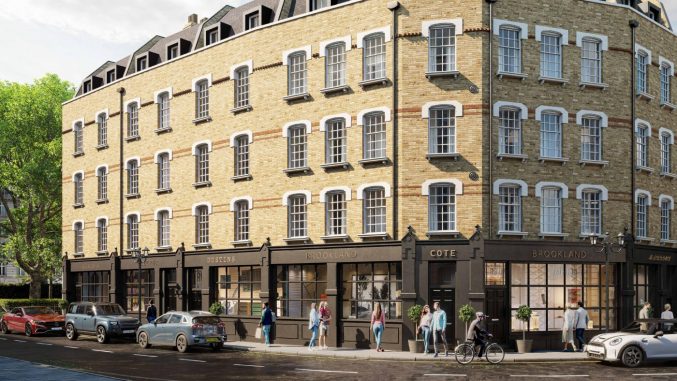UK pensions watchdog bans trustees for life over ‘persistent’ breaches
By Bridging Loan Directory
Three former trustees have been barred from ever holding the position again after an investigation by the UK Pensions Regulator (TPR) found “serious and persistent” breaches of both investment regulation and legislation governing aspects of trustee knowledge according to IP Real Estate.
The three trustees – Robert Angus Hill, Nicholas John Halton and Simon Christopher Ragg – resigned from their roles as trustees of the Hugh Mackay Retirement Benefits Scheme in October last year, two years after the regulator’s determinations panel appointed PI Consulting Services as independent trustee.
Specifically, TPR was critical of the scheme’s high exposure to direct property investments – a number of which had links to the trustee Hill, who held stakes in the property companies involved.
The regulator’s chief executive Bill Galvin said its investigation had found “some of the most worrying examples of mismanagement” in a defined benefit scheme it had ever seen.
“Typically, the sponsoring employer supports the pension scheme – here, the scheme provided the company’s main source of income,” he said.
“Fortunately, incidences of this kind are rare. The vast majority of pension trustees take a very different approach to discharging their duties.”
At the time when PI Consulting was appointed, the scheme had commercial property holdings valued at £36m (€43m) – with TPR saying there was “considerable debate” about the valuations.
A further £5.5m was invested in unlisted property unit trusts, while £7.1m was held in cash and other assets consisting “principally” of bank loans that had been drawn but not spent, according to the determination notice.
The notice cited two “clear and pressing” conflicts of interest that occurred, both involving the purchase of properties from companies in which Hill held an equity stake.
In the first instance, £1.55m was spent on a derelict car park, Clavering Place, owned by a company in which Hill had a 50% stake, while 2007 saw the purchase of a second building for £8.6m – acquired with the help of a £13m loan from Allied Irish Banks.
“As with Clavering Place, Mr Hill had an interest in the vendor,” the panel noted. “In this case, he was the majority shareholder of Buffalo Joe [the vendor]. As such, he was once again in a position of acute conflict because he was on both sides of the same transaction and therefore was, to an extent, negotiating with himself.”
Galvin said: “The risk to members’ benefits posed by the investment strategy and borrowings secured against scheme assets was stark.
“And it is difficult to imagine a more clear-cut conflict of interest than a trustee effectively negotiating with himself as the vendor in a property deal.”
He added that the scheme’s finances were “in a serious state” and that the Pension Protection Fund would be required to make compensation payments to its members.









